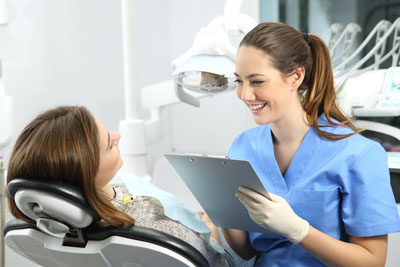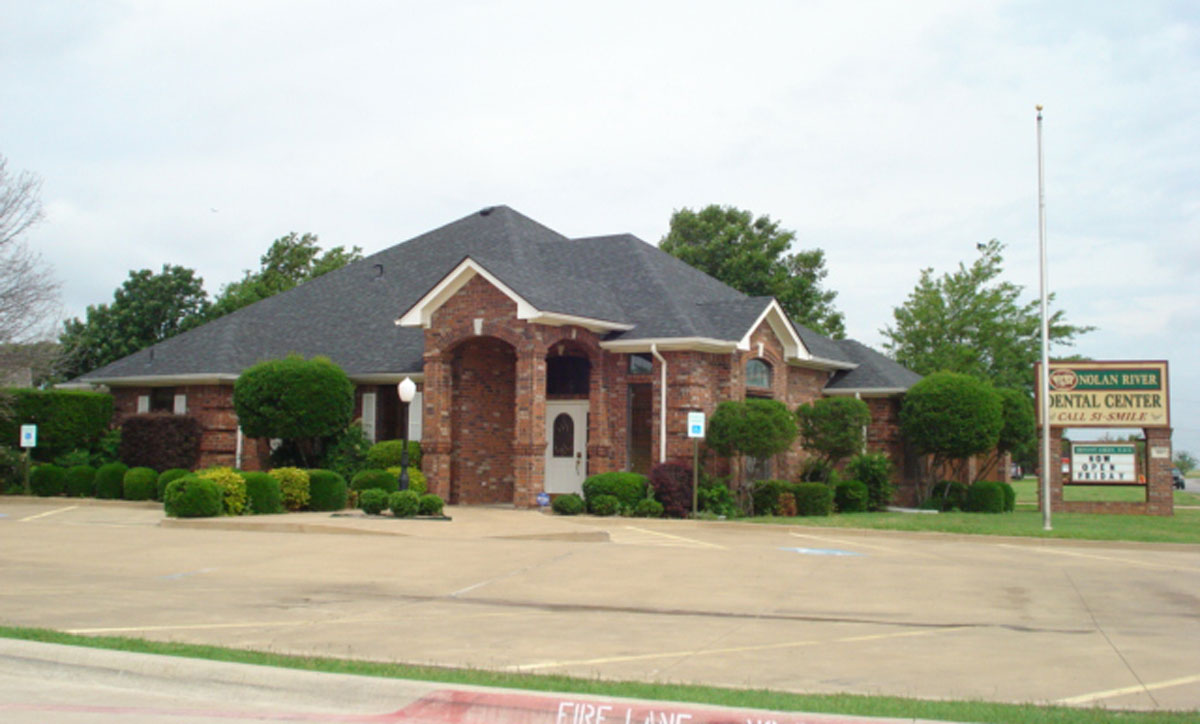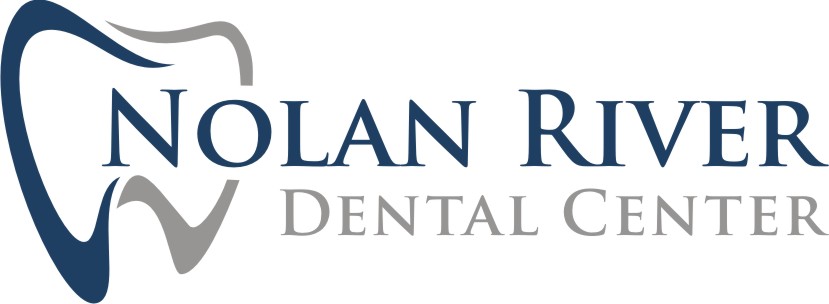
There are two types of patients who visit the dentist. The first is the type of person who comes in regularly, on the dot, for their biannual inspection, and then there are those patients who do not want to come into our office until they have some kind of dental emergency. While we welcome both types of patients, if you are the second type, you can expect us to encourage you to make routine appointments so you can avoid an emergency dental situation in the future.
As a dentist, we have learned from the first group of patients that those who come in on a regular basis tend to have healthy teeth that last a great deal longer. If you are wondering why the answer is quite simple. Prevention has, and always will be, better than cure.
Visit Our Dental Office for Preventative Care
Even as your dentist, we would much rather provide you with preventive dental care, partnering with you and your oral health routines, so you can avoid those dental emergencies that so many people get anxious about. If you make it a habit to come in on a regular basis, this allows us to be that effective partner with you and make sure we catch things early, provide preventive medication, and ensure that your teeth stay healthy longer.
The philosophy that "prevention is better than cure" is one of the main reasons that we encourage you to come in on a regular basis. When you do come in routinely, we are able to look for early warning signs of diseases that may be occurring in your mouth. We can look and feel for problems like cavities, which typically have a soft spot in a tooth before they occur, gum diseases, or even oral cancer.
We screen for these things at every visit. So, whether you are visiting for your bi-annual checkup or with some level of dental emergency, we will always focus on prevention. If we are able to catch the early signs of disease, this allows us to prevent potentially serious problems from occurring by treating them in manageable steps.
Cleanings are Important
When we speak about partnering with your oral health routine, this is a very important part of our commitment to ensuring that your teeth stay healthy for a long time. One of the many ways to accomplish this is by offering a professional cleaning to every one of our patients when they come in to see us. This professional cleaning allows us to remove plaque and tartar buildup that you may not be able to remove with your regular toothbrush.
While your toothbrush does an excellent job of removing regular buildup if you are using it twice a day for a minimum of two minutes, sometimes the plaque and tartar become hard, is too close to the gum line, or is in-between teeth and requires a professional cleaning to remove. If left untreated for a prolonged period of time, this plaque and tartar can lead to gingivitis or the even more serious periodontal disease.
How can you really use this information?
Call Us Today
To keep your teeth healthy, request a dental appointment here: Preventive dentistry focuses on the prevention and early detection of oral health concerns to help ensure they do not develop or progress to a more severe stage that is harder to treat. …
Preventative dentistry is a branch that focuses primarily on keeping dental issues at bay. Preventing dental issues is cheaper than treating them, and you do not have to deal with the …
Almost everyone understands the importance behind brushing your teeth and the role tooth enamel plays in preventative dentistry and maintaining dental health.However, many underestimate the unique quality that enamel has and … More people are packing their lunches at home to take to work. To help save money, this cost-saving habit can be great on the wallet. However, it also allows for more control over the type …Related Posts
Preventive Dentistry: How Important Is Flossing?
A Dentist Explains How Preventive Dentistry Can Avoid Cavities
Preventive Dentistry Tips to Know About Tooth Enamel
Packing Your Lunch: 5 Foods That Help Keep Your Teeth Healthy


